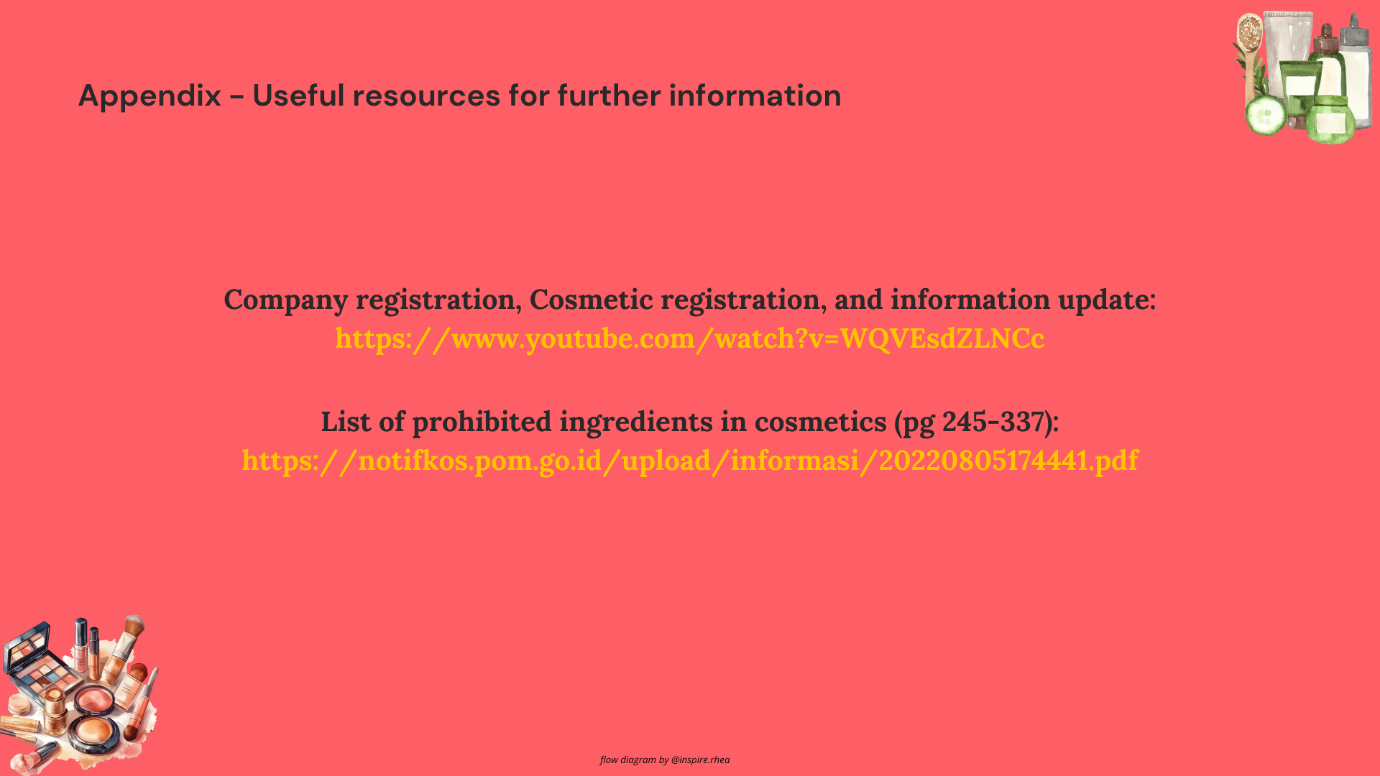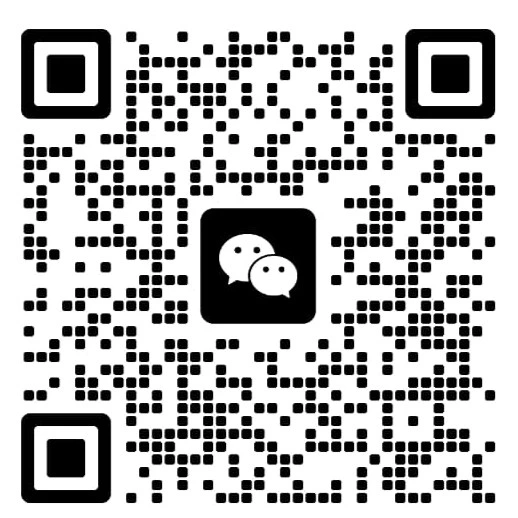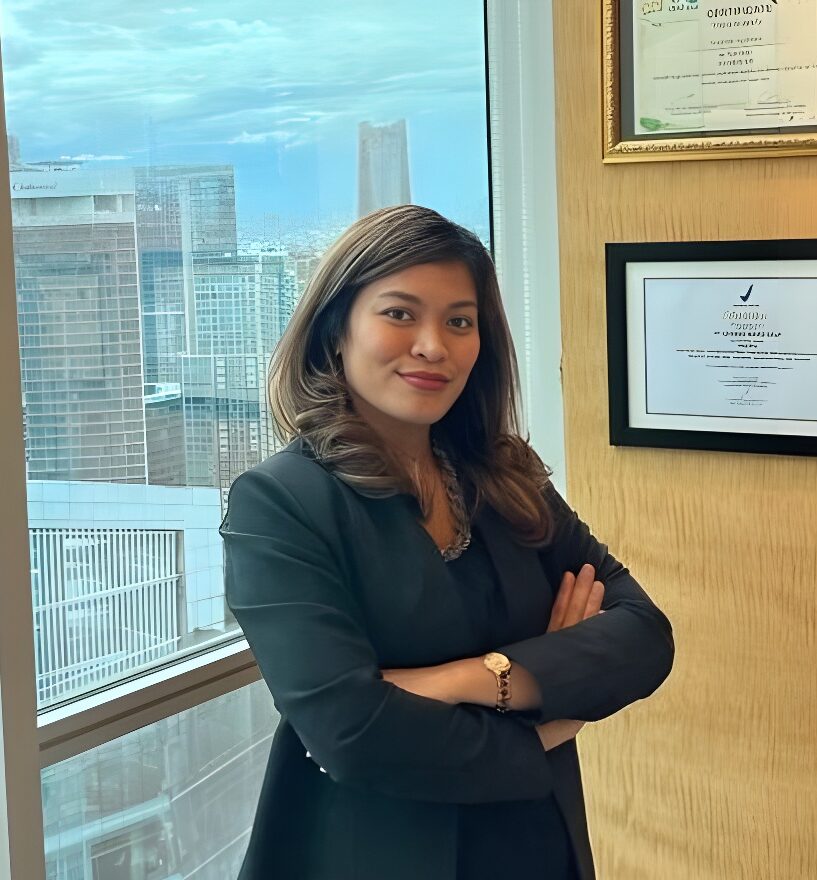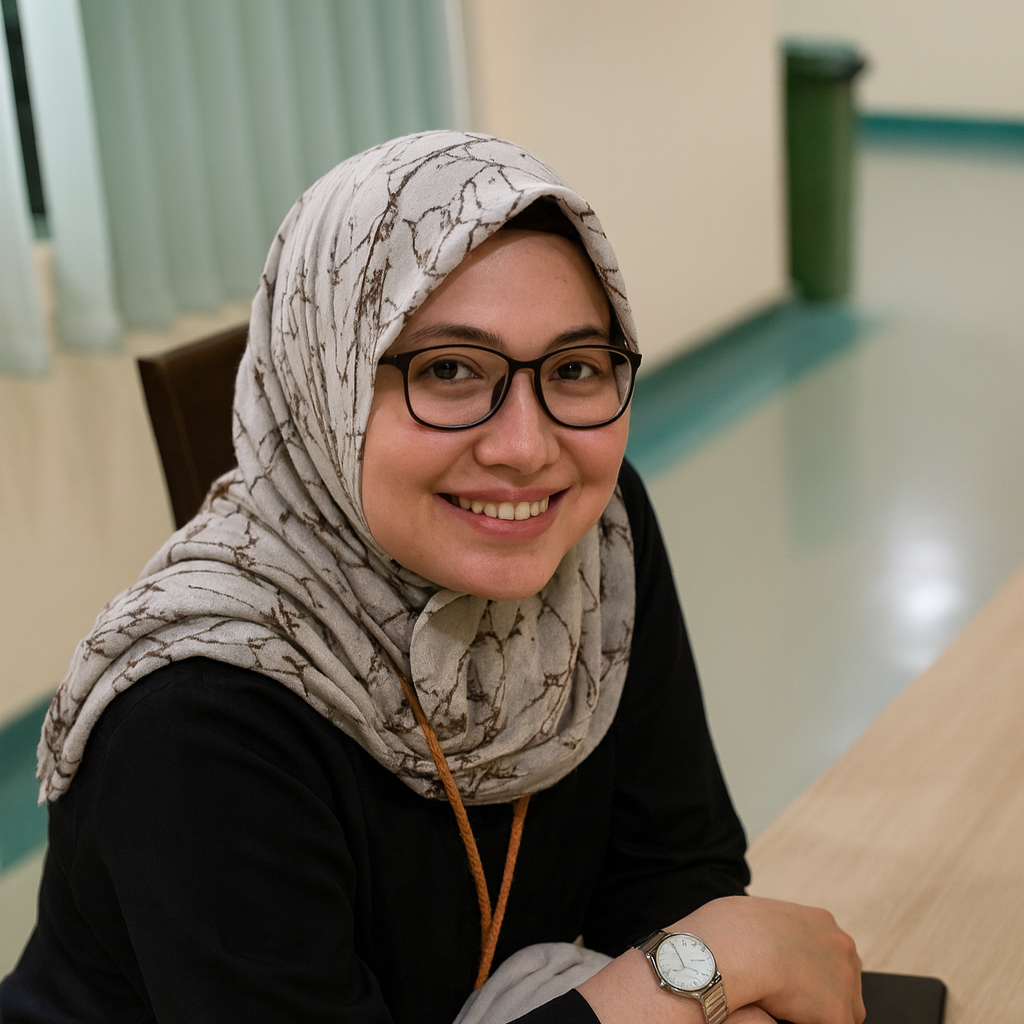The BPOM Cosmetics Registration Process: What You Need to Know
Indonesia’s cosmetics market is booming, attracting both local entrepreneurs and global brands. To sell cosmetics legally in the country, businesses must obtain approval from the National Agency of Drug and Food Control (BPOM). This regulatory process ensures that all cosmetic products meet safety, quality, and labelling standards.
For businesses, understanding and navigating the BPOM cosmetics registration process is critical for success. Below is a complete guide, including timelines, costs, required documents, and practical tips for a smooth registration journey.
Why BPOM Registration is Non-Negotiable
BPOM registration is mandatory for any cosmetic product sold in Indonesia. It helps ensure products:
- Comply with safety standards and do not contain prohibited ingredients.
- Provide clear and accurate labelling to guide consumers.
- Are free of harmful contaminants or excessive levels of restricted ingredients.
Failure to register cosmetics with BPOM can result in severe consequences, including hefty fines, product recalls, or bans. Beyond regulatory compliance, obtaining BPOM approval also establishes your brand’s credibility, building consumer trust and expanding market reach.
In addition to BPOM approval, many businesses also seek halal certification to cater to Indonesia’s Muslim-majority population. Halal certification verifies that products meet Islamic guidelines, further boosting their appeal in this lucrative market.
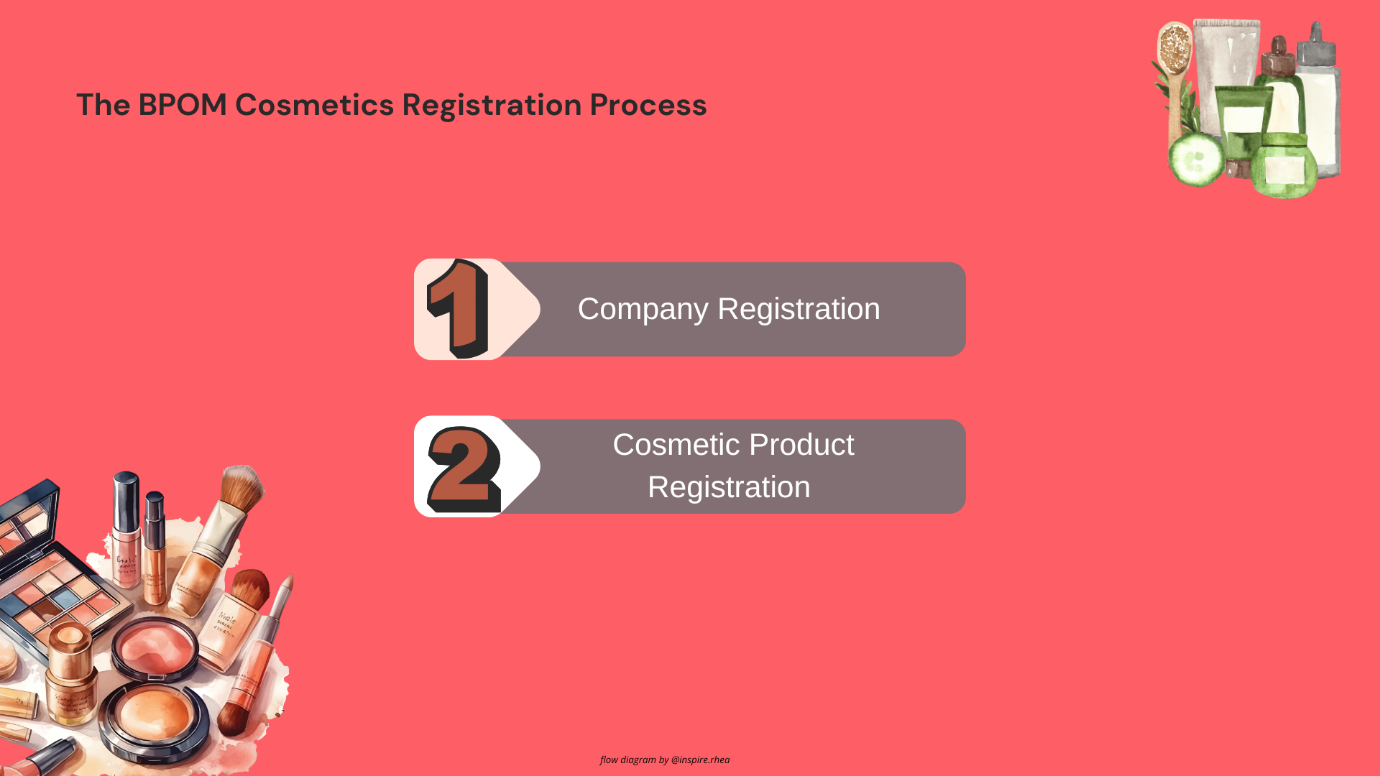
Step-by-Step Guide to BPOM Cosmetics Registration
1. Preliminary Steps: Company and Product Readiness
Before starting the registration process, businesses must ensure they are eligible.
Company Requirements
Only Indonesian legal entities can apply for BPOM registration. This means foreign companies must collaborate with a local distributor or establish an Indonesian subsidiary. Additionally, the company must have the following documents:
- Business License (NIB or SIUP).
- Proof of manufacturing facility compliance with good manufacturing practices (GMP).
For detailed guidance on company registration requirements, refer to BPOM’s instructional videos available on their official YouTube channel (Video 1 and Video 2).
Product Readiness
Each cosmetic product must be reviewed to ensure it meets BPOM standards. Key areas to verify include:
- Prohibited Ingredients: Indonesia has over 1,600 prohibited substances, including heavy metals, mercury, steroids, and certain dyes. A comprehensive list can be found in BPOM’s official document. (pg 245-337)
- Restricted Ingredients: Some substances are allowed but within specific concentration limits.
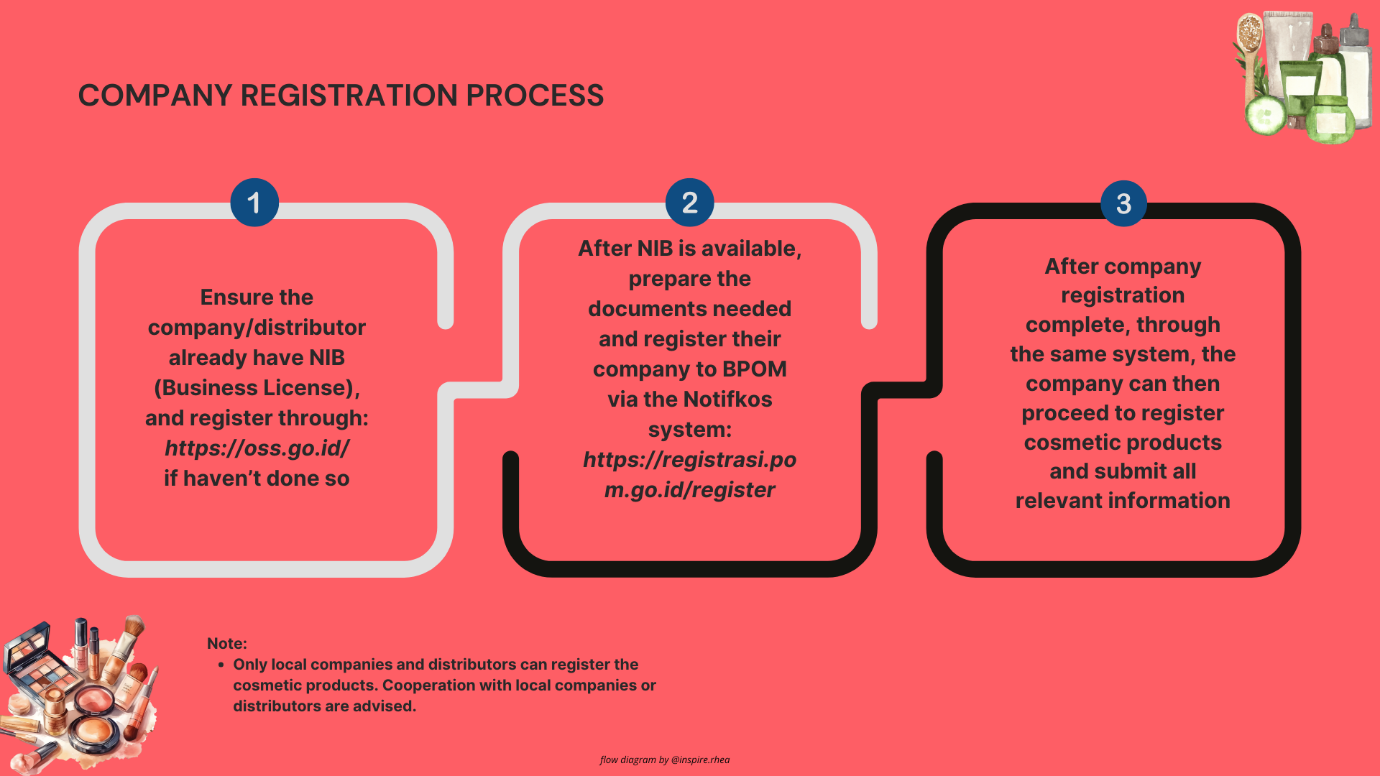
2. Document Compilation
Accurate documentation is crucial for BPOM approval. Required documents include:
- Product Information File (PIF): A detailed dossier containing the product name, purpose, and formulation.
- Ingredients List: Includes all components with precise concentrations.
- Certificate of Analysis (CoA): Confirms product safety through laboratory testing.
- Stability Test Results: Verifies the product’s shelf life and quality over time.
- Packaging and labelling mock-ups adhering to BPOM guidelines.
- Proof of halal compliance (if applicable).
For imported products, additional documents like the Free Sale Certificate (FSC) from the country of origin are needed.
3. Online Registration Process
BPOM’s e-registration system streamlines the application process. Here’s how to begin:
Account Creation and User ID
Applicants must first create a user ID on BPOM’s e-registrasi platform. For guidance on the user ID setup and registration steps, BPOM provides scheduled online and offline consultations. You can check the consultation schedule regularly on their official website.
Document Submission
Once the account is active, applicants can upload all required documents, ensuring they meet the prescribed format and standards.
Payment
Pay the registration fee, which varies by product category and complexity. Payment confirms the initiation of the evaluation process.
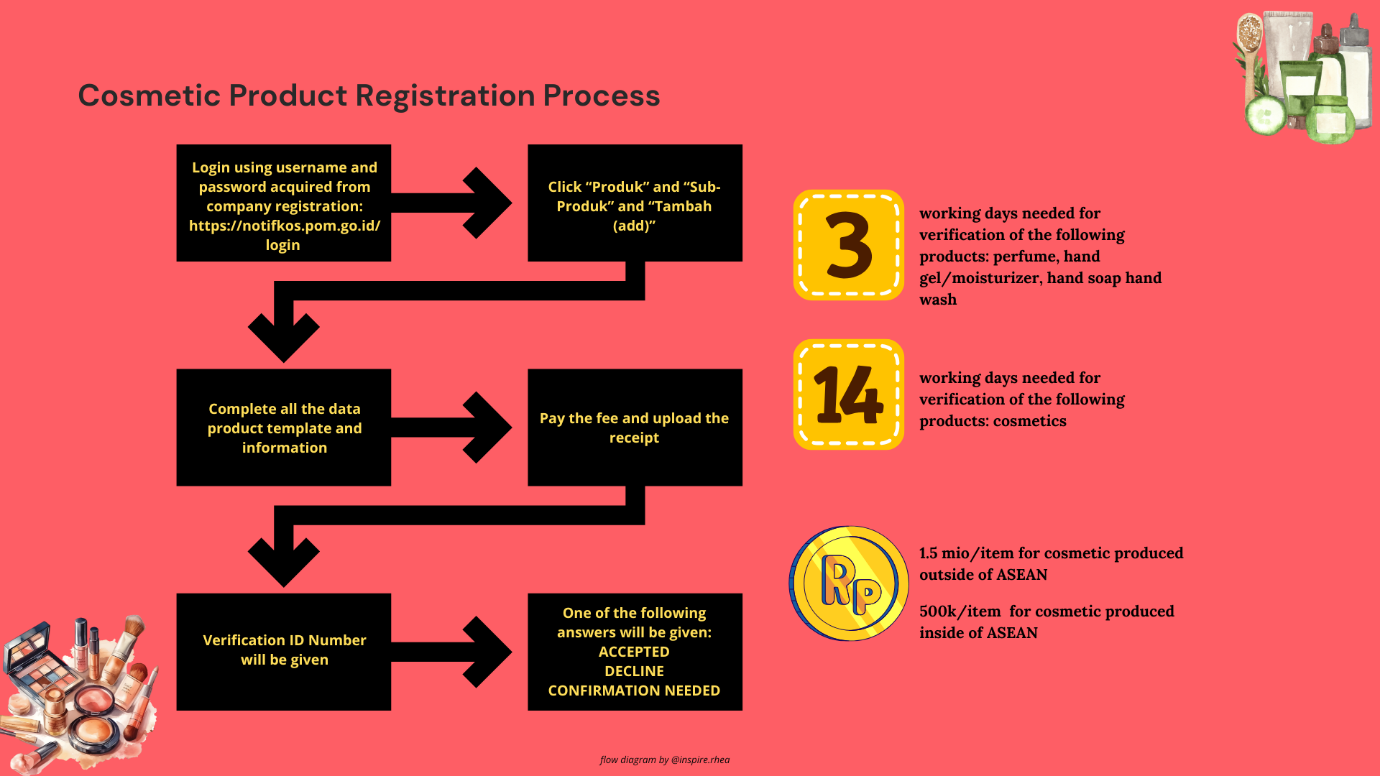
4. BPOM Evaluation and Testing
The evaluation process includes:
- Ingredient Assessment: A review of all components for safety and compliance with the Positive List of Ingredients.
- Lab Testing: In some cases, BPOM may require additional laboratory testing to verify product claims, safety, and compliance with restricted ingredient limits.
- Label Review: Ensures labelling includes all mandatory details, such as:
- Product name and function.
- Manufacturer and distributor details.
- Batch number and expiration date.
- BPOM registration number upon approval.
- Label Review: Ensures labelling includes all mandatory details, such as:
5. Approval and Licensing
If the product passes evaluation, BPOM issues a notification number that must appear on the product packaging. This number is proof of compliance and allows legal distribution in Indonesia.
Ingredient Restrictions
Indonesia enforces strict regulations to ensure consumer safety. The BPOM list of over 1,600 prohibited ingredients is regularly updated and includes substances like:
- Heavy metals such as lead, mercury, and arsenic.
- Certain preservatives, such as formaldehyde in concentrations exceeding permitted levels.
- Hormonal or steroidal substances not intended for medicinal use.
Businesses must refer to the official prohibited ingredients list during product formulation to ensure compliance.
Halal Certification: A Separate Process
Halal certification is vital for companies targeting Indonesia’s Muslim consumers. This certification is managed by the Ministry of Religious Affairs (MORA), not BPOM.
Applications for halal certification are submitted through the PUSAKA mobile app, available for download on Android and iOS. The process includes:
- Ingredient verification to ensure compliance with Islamic guidelines.
- Audits of manufacturing processes by the Indonesian Ulama Council (MUI).
While halal certification is separate from BPOM registration, coordinating both processes can save time and resources.
Timeline and Costs
Timeline
The BPOM cosmetics registration process generally takes 3-6 months, depending on the complexity of the product and the completeness of submitted documents. Delays are common if additional testing is required or if errors in documentation occur.
Costs
Registration fees typically range from IDR 1,000,000 to IDR 3,000,000 per product. Additional costs may apply for:
- Laboratory testing.
- Resubmissions due to non-compliance.
- Expedited processing services.
Tips for a Smooth Registration Process
- Stay Updated: Regularly check BPOM announcements for updates on consultation schedules, ingredient regulations, and procedural changes.
- Leverage BPOM Consultations: Take advantage of BPOM’s free online and offline consultations for guidance on user ID setup and documentation.
- Invest in Pre-submission Testing: Conduct thorough product testing to identify potential compliance issues.
- Partner with Experts: Collaborate with local consultants or distributors experienced in BPOM registration.
- Plan Halal Certification Early: Begin the halal certification process alongside BPOM registration if targeting Muslim consumers.
The Importance of Accurate Labelling
Labelling plays a critical role in BPOM approval. Products must include:
- Clear product names and intended use.
- Full ingredient list and concentration levels.
- Manufacturer details, batch numbers, and expiration dates.
- Instructions for use and cautionary notes, where applicable.
Non-compliance with labelling standards is a common reason for registration delays or rejection.
Conclusion
Navigating the BPOM cosmetics registration process is essential for market entry in Indonesia. By following the steps outlined above, preparing accurate documentation, and ensuring compliance with ingredient and labelling standards, businesses can minimize delays and secure approval efficiently.
Additionally, investing in halal certification through the PUSAKA app is a smart move for brands targeting Indonesia’s Muslim population. With proper planning, regulatory compliance, and resource utilization, your cosmetic products can thrive in one of the world’s fastest-growing beauty markets.
